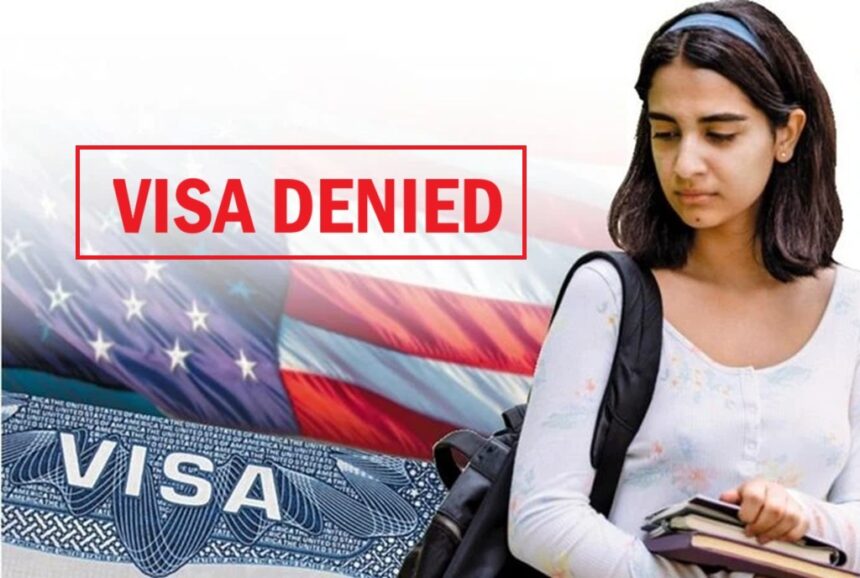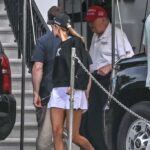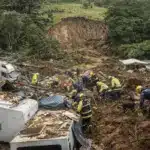NEW DELHI – A surge in B2 visa refusals has swept across India, leaving thousands of applicants upset and sparking widespread discussions both online and in the streets. The United States has tightened reviews of B2 visa requests, aiming to reduce suspected misuse.
This push comes during a period of increased tension between Washington and New Delhi, linked to India’s growing imports of Russian oil. Many Indians, hoping to visit the US for tourism, family gatherings or medical care, now face closed doors, prompting questions about the fairness of the system and what it means for ties between the two countries.
The B2 Visa, intended for short visits related to tourism and medical reasons, has long been a preferred route for Indian travellers to the US. Recently, however, reports show a clear spike in rejections. Consular staff often hand out 214(b) refusal slips within moments, typically arguing that applicants fail to show strong ties to India.
One widely shared story on Reddit paints a vivid picture: user ‘nobody01810’ describes a 40-second interview for a B2 Visa at the US Embassy in Delhi, ending in refusal after mentioning a girlfriend in Florida and no history of overseas trips.
Many others now echo the feeling that the interviews are unpredictable and often unforgiving.
Visa consultants highlight a shift in US policy, with officials focusing on young, single applicants and those with friends or family in the States, viewing them as more likely to overstay. Officers look for signs that someone will return home.
Limited travel or personal links abroad can make them suspicious,” explains immigration consultant Priya Menon.
The Delhi embassy reported a 30 percent rise in B2 Visa applications this year, yet approval rates have dropped sharply. Unclear travel plans or mentions of American relatives make refusals more likely, as in the case of a Mumbai banker who missed out on the FIFA World Cup after giving vague answers about his schedule.
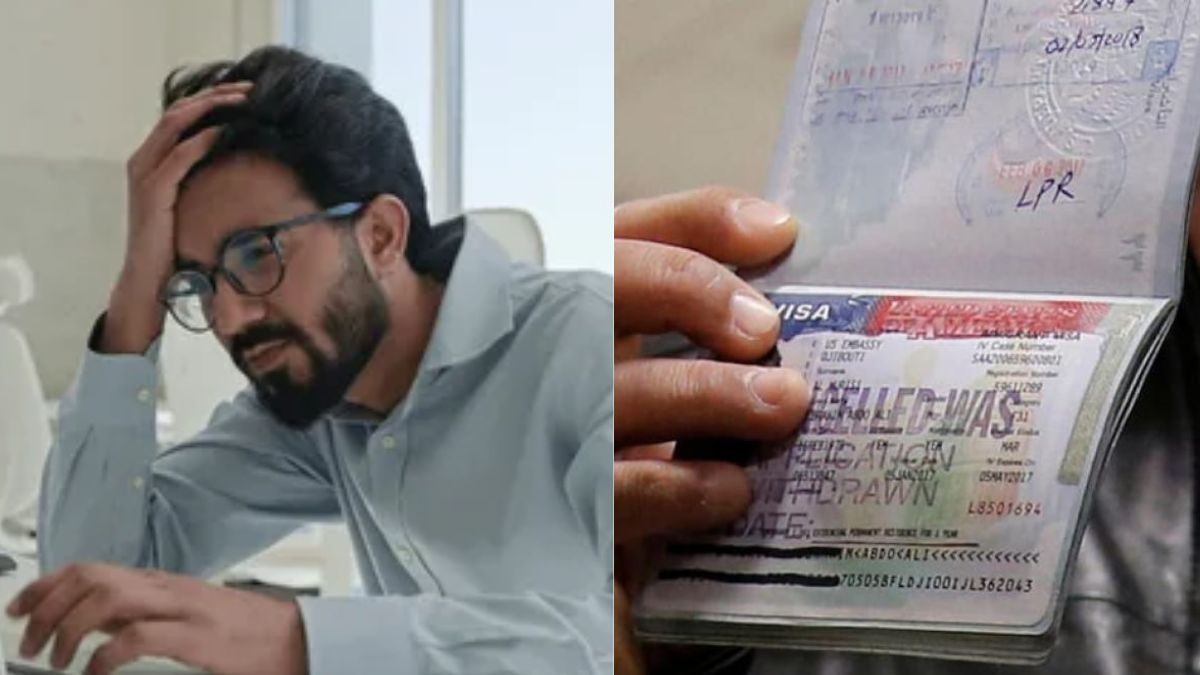
Backlash Grows as B2 Visa Applicants Share Experiences
The jump in rejections has triggered anger and debate across India. Social platforms like Reddit and X fill daily with stories of people being denied a B2 Visa, tips for interview success and sharp criticism of the system. Advice ranges from “stick to the facts and avoid mentioning US contacts” to accusations that the process boils down to luck.
Many feel honesty works against them. A 28-year-old Bengaluru engineer was denied a B2 Visa despite a solid work history and property, says being upfront only led to disappointment.
Frustration spills over as families get split by approvals and refusals. Rhea Kapoor, a teacher in Delhi, asks why her brother was turned down, yet her parents received visas. Protests have formed in Mumbai and Chennai, with small crowds demanding clearer criteria outside US consulates. The hashtag #USVisaUnfair is trending, fuelling calls for accountability.
This visa clampdown arrives as US-India relations face new hurdles, mostly tied to oil. Since the Russia-Ukraine war began, India has sharply increased oil purchases from Russia, now making up 35 to 40 percent of imports, a dramatic jump from a few years ago.
The US, under President Donald Trump, responded with tariffs of up to 50 percent on Indian exports, claiming India’s oil trade indirectly funds Moscow. Trade advisor Peter Navarro openly accused India, sparking angry responses from Indian officials.
External Affairs Minister S. Jaishankar insists the oil deals help stabilize markets and protect India’s interests. He questions why, if the US values business, India gets punished while China (the top buyer of Russian oil) does not face similar penalties.
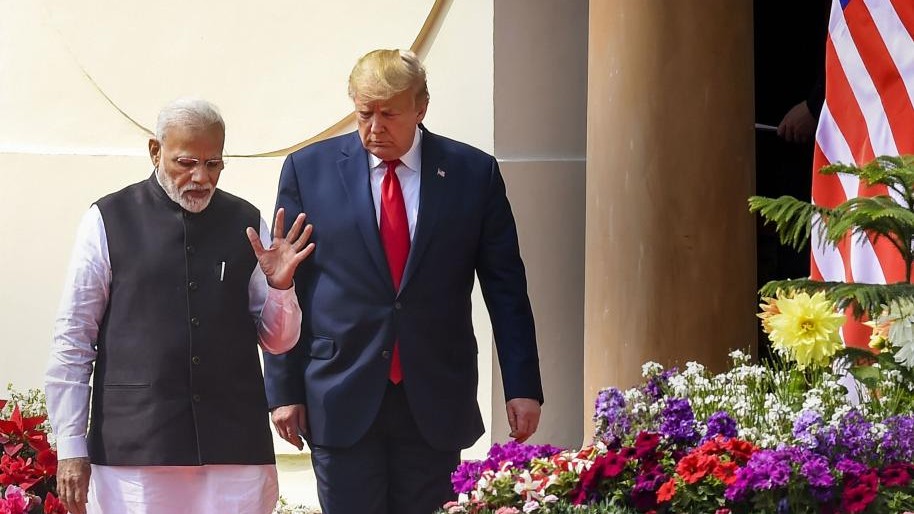
Modi Under Pressure
Prime Minister Narendra Modi, under pressure at home, pledges to defend Indian businesses and encourages more local purchases to offset tariff impacts. The Federation of Indian Export Organizations warns these new tariffs could cut exports to the US nearly in half, hurting industries like textiles and pharmaceuticals.
Mounting visa refusals and trade penalties have some analysts convinced the US is turning up the pressure to extract concessions, especially around agriculture and trade. Still, New Delhi shows no sign of backing down from Russian oil, and Modi’s upcoming meetings with Vladimir Putin and Xi Jinping may signal closer links with both Russia and China.
“India now faces a careful balancing act, managing old ties with Russia, ongoing talks with the US and a cautious thaw with China,” says geopolitical expert Dr Vikram Misra.
Ordinary Indians feel the impact most. “This is about more than just a holiday or a family reunion,” says Priya Menon, after her visa was rejected in July. “People want respect and fairness.”
The government promises to ease tariffs with new trade talks and tax relief. Meanwhile, rejected B2 Visa applicants must either strengthen their cases or look to other destinations, as interest in Europe and Southeast Asia grows.
This series of B2 Visa setbacks and trade disputes marks a tough moment for relations between India and the US. As New Delhi stands its ground on key interests, the voices of everyday people—caught up in wider global shifts—get louder, demanding change that balances national pride with personal dreams.




